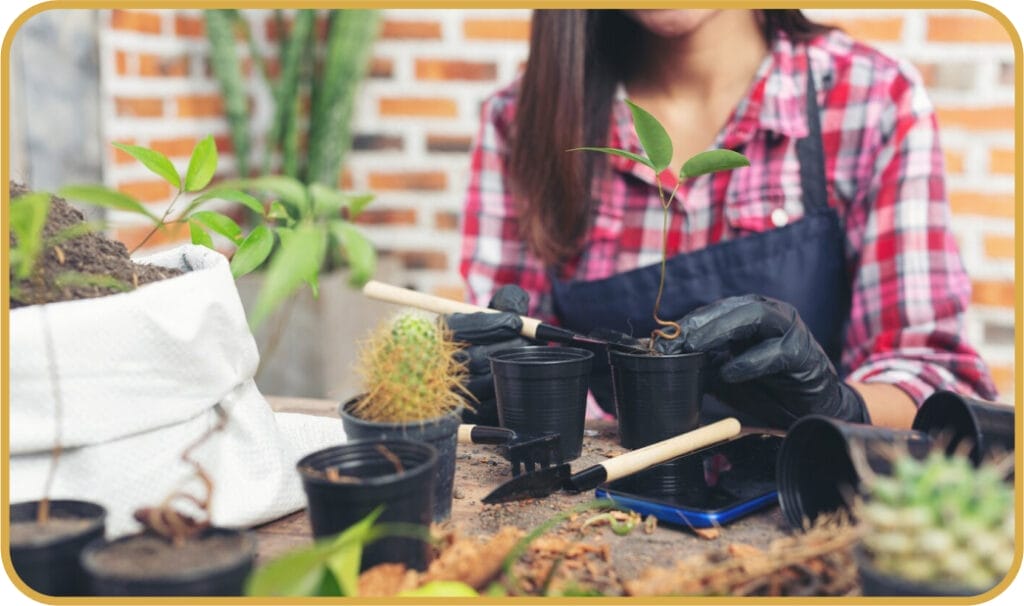Plant-based team-building activities are revolutionizing workplaces by enhancing collaboration, boosting health, and supporting sustainability. As our understanding of health and wellness evolves, so too should our approach to team-building. These activities offer an innovative way to unite teams while promoting healthier lifestyles.

Boosting Physical Health
Plant-based activities, such as cooking challenges, educate employees about nutritious food choices and encourage healthier habits. A diet rich in plant-based foods can significantly reduce the risk of chronic diseases like heart disease, diabetes, and certain cancers. By engaging in these activities, teams are not only bonding but also supporting their long-term health.

Strengthening Mental Well-Being
The mental health benefits of plant-based team building are substantial. Diets high in fruits, vegetables, and whole grains have been linked to lower levels of anxiety and depression. Activities like gardening or cooking together can reduce stress, elevate mood, and create a sense of community, making the workplace a more positive environment.

Encouraging Teamwork
Team-building activities in Austin naturally promote teamwork by requiring participants to collaborate closely. Whether it’s preparing a meal, designing a garden, or organizing a sustainability challenge, these tasks necessitate cooperation. This strengthens relationships and enhances problem-solving skills as teams work together to overcome challenges.

Enhancing Communication Skills
Effective communication is crucial for any successful team, and plant-based activities provide a unique platform to develop these skills. As team members discuss recipes or strategies, they learn to listen actively, articulate their ideas clearly, and offer constructive feedback. This improved communication translates into better collaboration in daily work tasks.
Building Stronger Bonds
Shared experiences are powerful for building connections. Plant-based team-building activities create ample opportunities for meaningful interactions. Whether it’s cooking a meal or planting a garden, the act of creating something together fosters a sense of accomplishment and unity, strengthening bonds within the team.
Sparking Creative Thinking
Working with plant-based materials naturally sparks creativity and problem-solving. Designing a unique dish or creating a sustainable garden layout challenges team members to think outside the box. This creative engagement can inspire new approaches and innovative ideas that can be applied to their everyday work.
Encouraging a Growth Mindset
Plant-based activities often involve learning new skills and adapting to different challenges, which fosters a growth mindset. This openness to change and willingness to take risks is crucial for innovation, helping individuals and teams push beyond their comfort zones and embrace new ideas.
Supporting Sustainability
Winter team-building activities inherently promote sustainability by encouraging the use of natural, eco-friendly materials and supporting environmental conservation. Gardening projects and cooking challenges with plant-based ingredients contribute to a more sustainable food system, aligning with broader environmental goals.
Aligning with Corporate Social Responsibility (CSR)
Incorporating plant-based team-building activities aligns seamlessly with corporate social responsibility (CSR) goals. These activities showcase a company’s commitment to health, wellness, reducing environmental impact, and supporting the community. This alignment not only enhances the company’s reputation but also strengthens relationships with stakeholders.
Embrace Plant-Based Team Building for a Healthier Workplace
Plant-based team building is a powerful tool for creating a healthier, happier, and more engaged workforce. As companies navigate modern challenges, integrating these activities offers a simple yet impactful way to nurture your team’s well-being. Start incorporating plant-based team-building activities today and watch your team thrive—healthier, happier, and more engaged than ever, while contributing to a more sustainable future.


